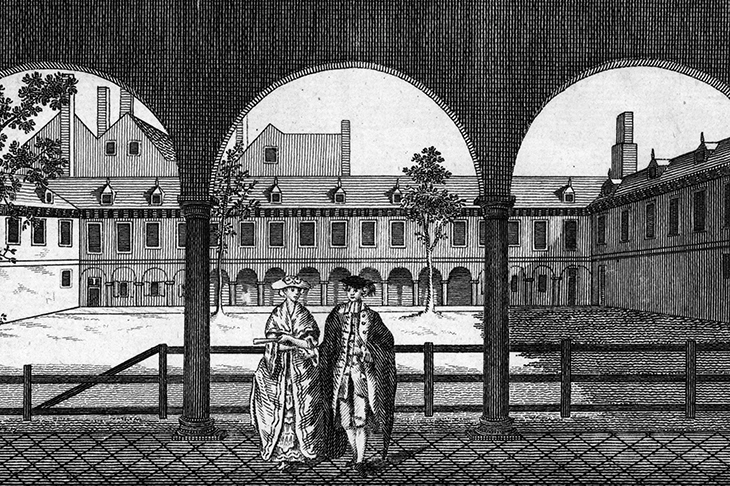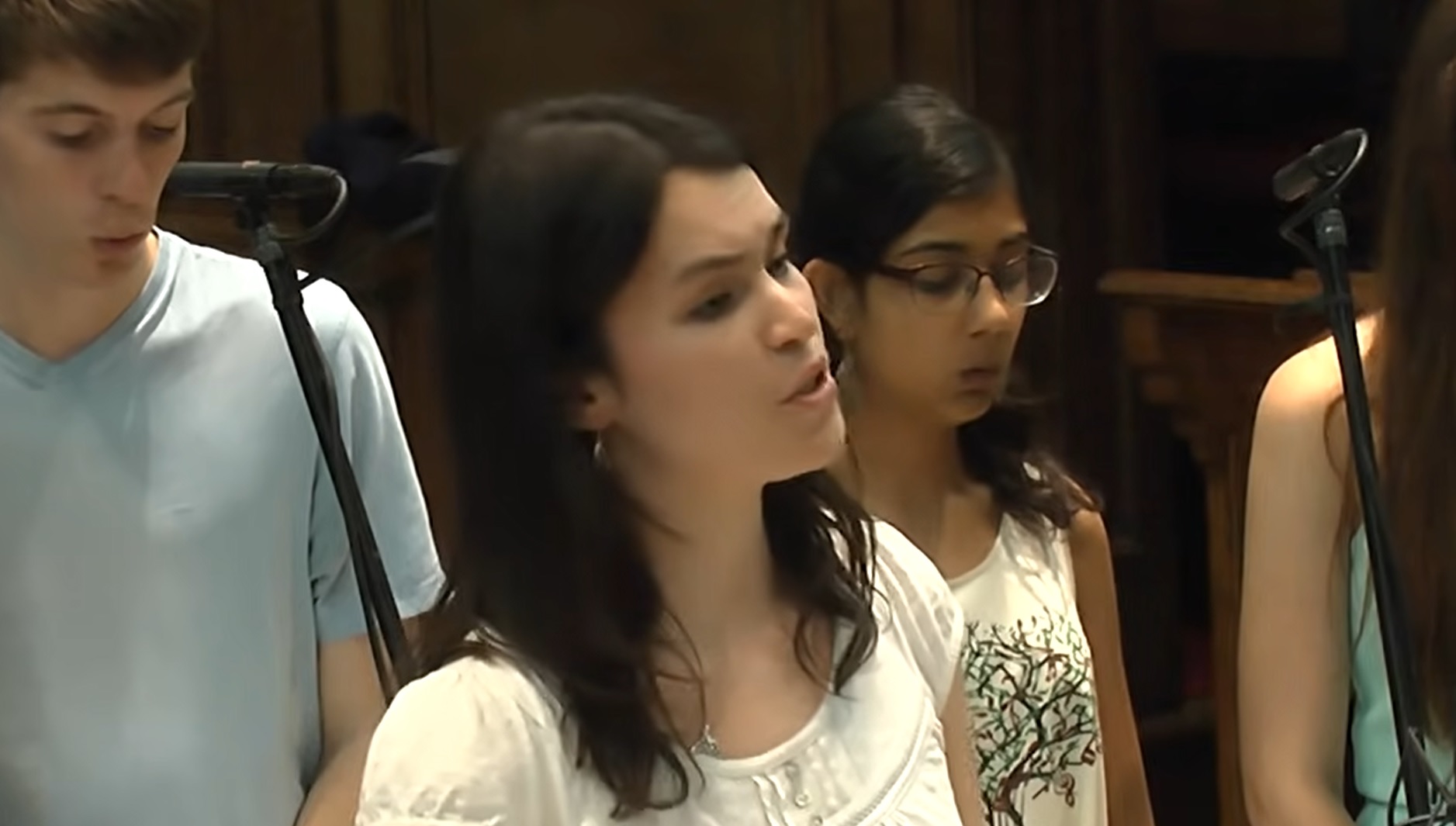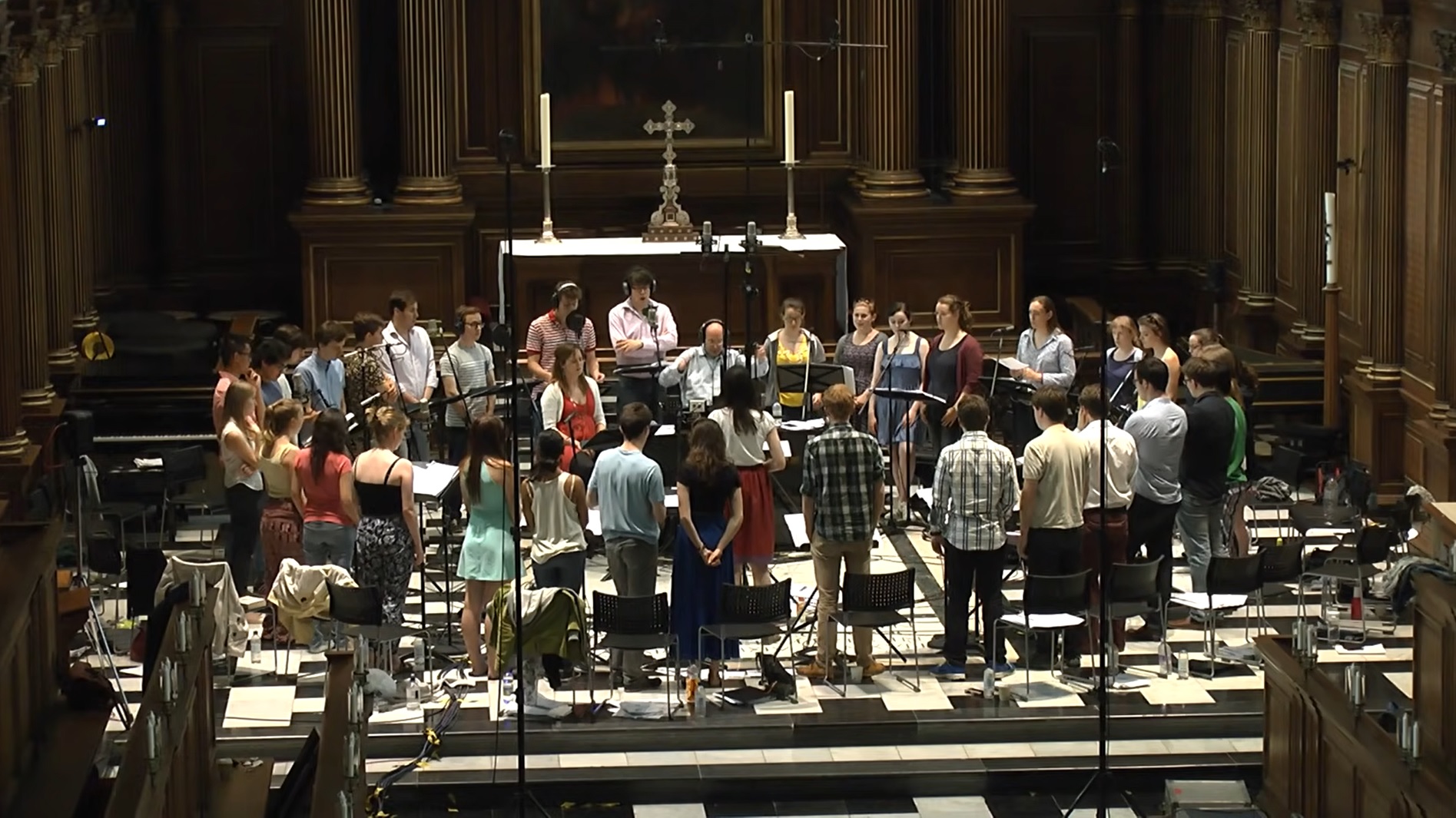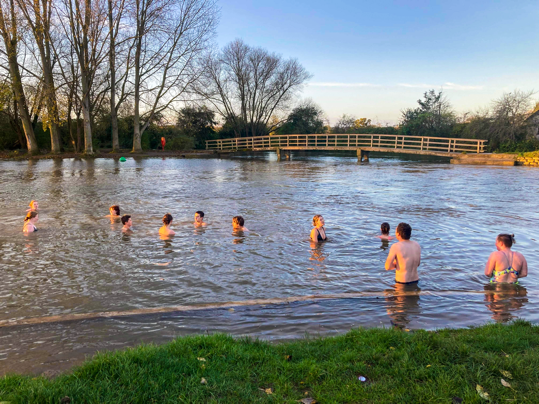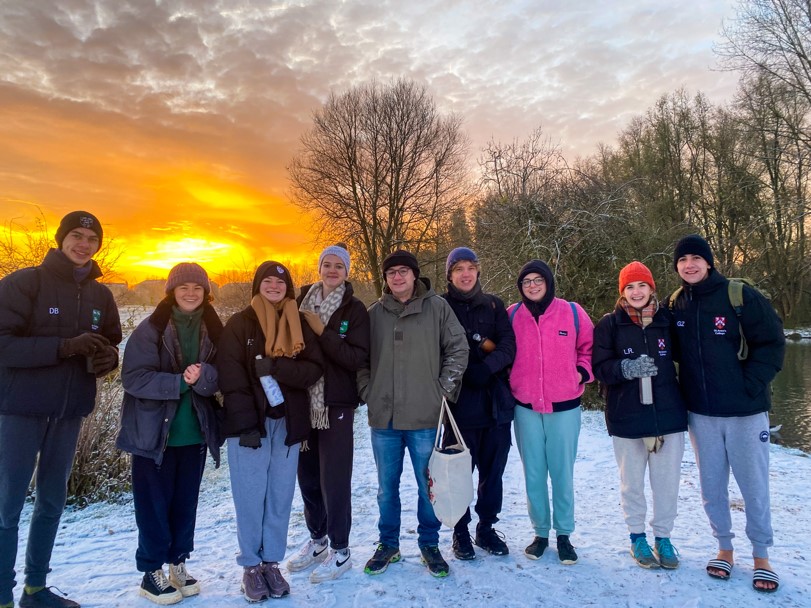The use of “maths” instead of “math” is a difference in British English compared to American English. In British English, the word “mathematics” is often referred to as “maths,” with the added “s” signifying the plural form. This is consistent with how British English commonly shortens many words by adding an “s” to the end. For example, “physics” becomes “phys, “economics” becomes “econs,” and so on.
In contrast, American English typically shortens “mathematics” to “math” without the additional “s,” following a different pattern of abbreviation.
The reason for these linguistic differences is rooted in the historical development of the English language and regional linguistic variations that have evolved over time. British English and American English have diverged in certain aspects of vocabulary, pronunciation, and grammar, resulting in variations like “maths” and “math.” It’s important to note that neither is inherently correct or incorrect; they are just regional preferences.
|
Gresham College is a higher education institution located in London, UK. It was founded in 1597 under the will of Sir Thomas Gresham, a financier and merchant who left funds for the establishment of a college in the heart of the city. The college’s original aim was to provide free public lectures in a range of subjects, including law, astronomy, geometry, and music. The lectures were intended to be accessible to anyone who was interested in learning, regardless of their background or social status. Over the centuries, Gresham College has remained true to this mission, and today it continues to offer a range of free public lectures and events that are open to all. |



